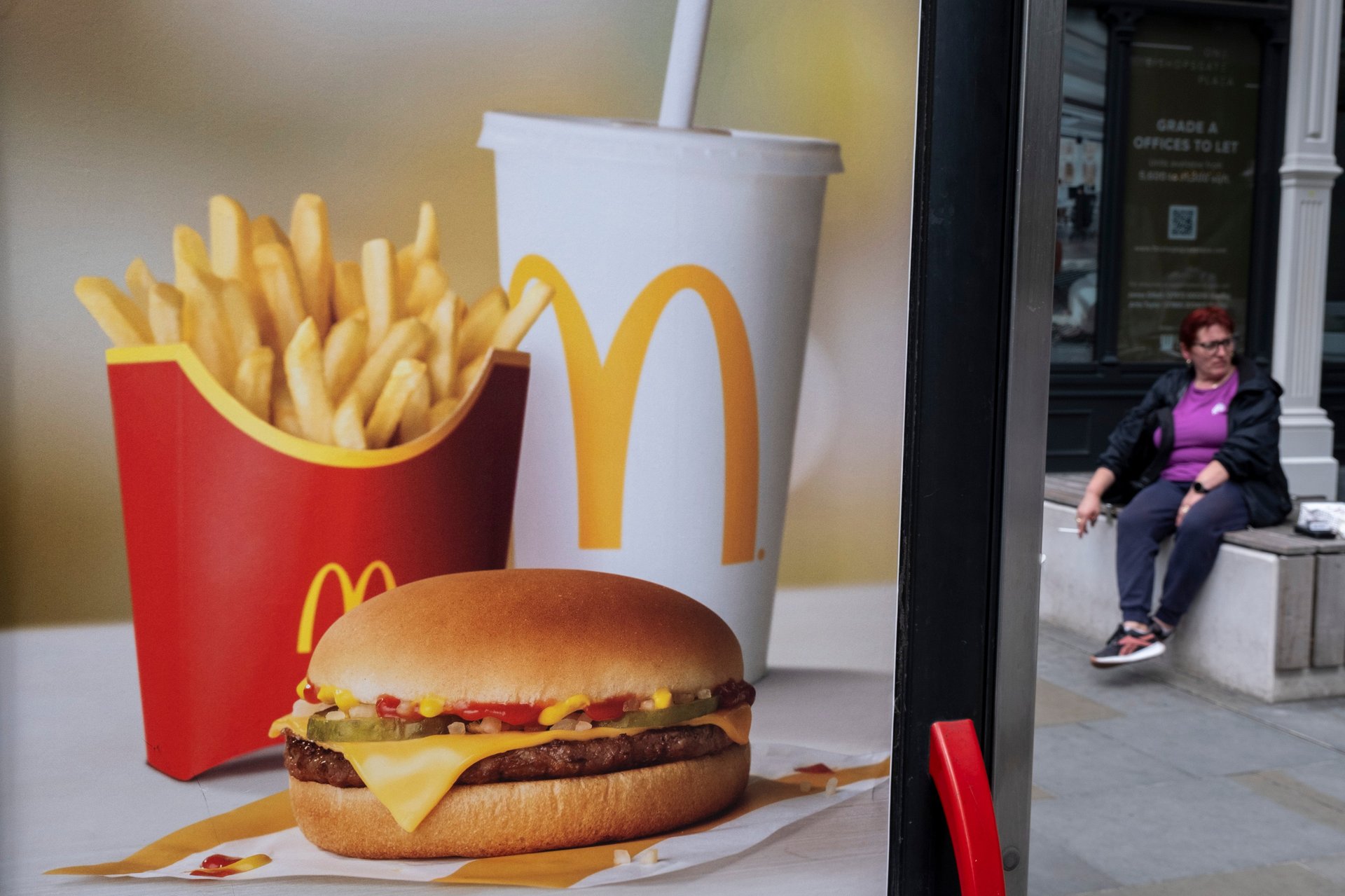Consumers say fast food is getting so expensive it's becoming a 'luxury'
Pesky inflation is forcing Americans to curb the craving, a LendingTree survey found

The rising cost of fast food is losing its cheap appeal among consumers, who now view the option as a “luxury” when they do indulge, according to a survey from financial services platform LendingTree.
Suggested Reading
That sentiment is largely due to “rampant inflation,” LendingTree said, which has forced consumers to change their spending habits.
Related Content
“For many, that has meant fewer trips to the drive-thru for that burger, burrito or spicy chicken sandwich they love — and even a change in how they perceive fast food,” the platform said.
The rising cost of fast food is pushing consumers to curb their cravings, the study found, which surveyed over 2,000 American adults on their views and behaviors around fast food.
According to the survey, 78% of consumers see fast food as luxury because of how expensive its gotten. Meanwhile, half of respondents said they view it as a luxury because they are “struggling financially.”
That sentiment resonated with 71% of consumers who make below $30,000 a year, including 58% of parents with young children, 58% of Gen Zers, and 53% of women, the study found.
But even so, as consumers continue to be squeezed by higher food costs, making the trip to a restaurant, even if it is a fast food chain, is becoming a bigger decision than it once was. That may in part be why consumers are buying more groceries and dining in at home.
LendingTree’s study found that 3 in 4 Americans typically eat fast food once a week, but 62% said they are eating it less because of those rising prices.
That has been a welcomed surprise to consumers and their wallets, the study found, noting that 65% said they were “shocked” by the high price of their fast food bill in the previous six months.
